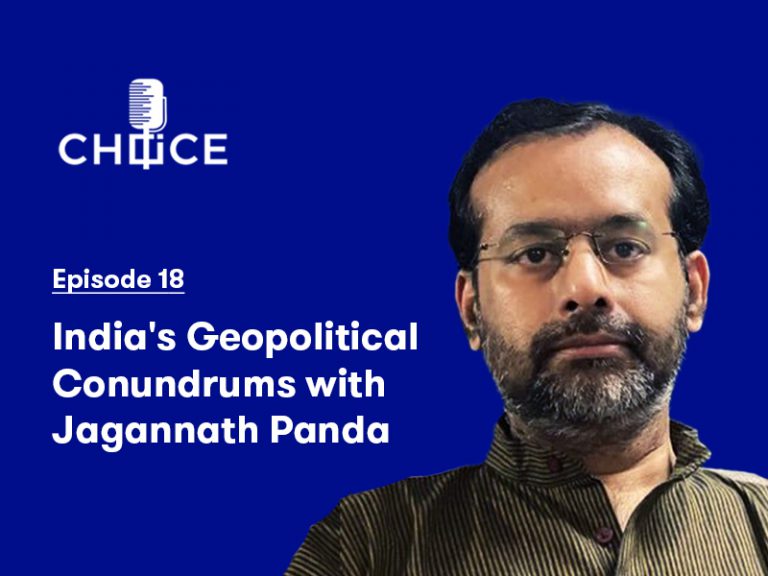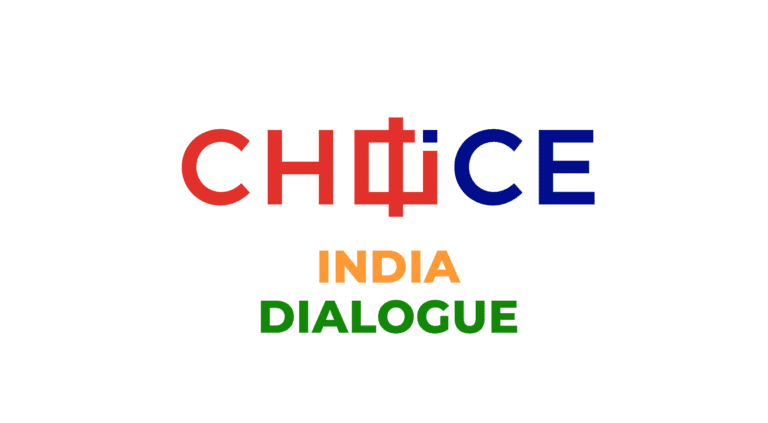#India
The India-Middle East-Europe Corridor: Potential and Pitfalls
On the sidelines of this year’s G20 Summit, leaders from the US, India, Saudi Arabia, the United Arab Emirates, and the EU unveiled a new ambitious megaproject. With its two branches connecting India and Europe via the Middle East, the India-Middle East-Europe Economic Corridor (IMEC) can bring about a new era in cross-regional connectivity and economic integration. From the EU’s perspective, the project gels well with its Global Gateway initiative and its desire to regain some of the Union’s waning international influence.
The Shifting Balance of Power and the Rise of Minilateralism: The Indo-Pacific and Beyond
Until recently, multilateralism formed the backbone of the post-war rule-based international order. However, multilateral organizations such as the United Nations have increasingly struggled to effectively address regional and global challenges. Dissatisfaction with the existing institutional framework, coupled with the intensifying superpower competition between China and the US, have instead brought about a worldwide rise in new minilitaral agreements.
Unlocking the Potential of EU-India Relations: The ‘China Factor’
India has traditionally championed the principles of strategic autonomy and non-alignment as core guiding tenets of its foreign policy. However, in recent years there have been marked shifts, most notably in its security and economic ties with the EU, that suggest a recalibration of India’s outlook. This development can be attributed to the growing influence of the ‘China factor’ in India’s calculations – a potential game-changer in EU-India relations.
BEST OF CHOICE 2022
The past twelve months have been turbulent for China-CEE relations. China-Russia ‘No Limits’ Partnership, China’s tacit support of Russia’s war in Ukraine, Beijing’s damage control missions and Estonia and Latvia’s decisions to leave 16+1…
China’s BRICS Expansion Plans
Traditionally loose BRICS has faced serious problems on its road to expansion. Exacerbated great power competition, however, paves the way for such a scenario.
Voice for CHOICE #18: India’s Geopolitical Conundrums with Jagannath Panda
India has found itself in a difficult position after Russia’s invasion of Ukraine. Moscow has been a long-standing partner for India in multilateral fora but also in terms of defense cooperation, playing a key role in India’s…
Voice for CHOICE #17: Examining EU Indo-Pacific Engagement with Antoine Bondaz
Prior to the invasion of Ukraine by Russia, the Indo-Pacific was one of the most prominent focuses pushed by politicians from Brussels to Berlin and Paris. After France, Germany and the Netherlands released their own strategies for the region…
EU Indo-Pacific Strategy Under the Shadow of the AUKUS
This article is part of a series of articles authored by young, aspiring China scholars under the Future CHOICE initiative. The unveiling of the long-awaited Indo-Pacific strategy by EU foreign policy chief Josep Borrell was…
How China and India are Competing in Vaccine Diplomacy
At the first high-level summit of the “Quad” grouping, the US, Australia, Japan and India agreed to jointly develop, finance, distribute and manufacture vaccines in order to increase vaccine production and to counter Chinese…
CHOICE-India Dialogue: Engaging Indo-Pacific, CEE Experts on China
Concerns over China’s increasing influence across the globe necessitate an open dialogue between the nations grappling with the challenge. Indeed, China seeks to impress its pre-eminent role across regions, not least in Southeast Asia…










